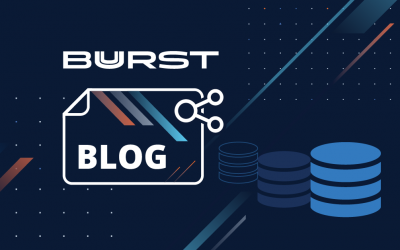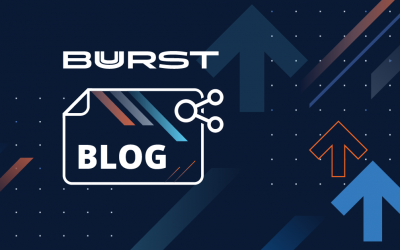Software-defined storage company SoftNAS released a new version of its SD-storage product that it says provides up to 400 percent faster cloud object storage performance.
SoftNAS Cloud NAS supports Amazon Web Services (AWS), Microsoft Azure, and VMware vSphere. It allows enterprises to replace hardware-based storage and on-premises network attached storage (NAS), storage area networks (SANs), and file servers with cloud object storage, which can be scaled up to accommodate large workloads and massive amounts of data, said Rick Braddy, CEO, CTO, and founder of SoftNAS.
“Object storage has typically been lower cost, but it has also been lower performance,” compared to block storage, Braddy said. “We’ve figured out how to get highly parallel I/O [input/output], in and out of object storage, so it’s almost the same level of performance as block storage but at the object storage price. It’s a price breakthrough for customers.”
Object storage manages data as objects, as opposed to files or blocks, and is typically used in the cloud. It is ideal for unstructured data such as media and web content.
Block storage is typically used in storage area network (SAN) environments where data is stored in volumes or blocks. In the cloud, it’s commonly used to store persistent data like a data bases and log files, and for disaster recovery purposes.
ObjFast Technology
“The biggest problem we had was moving the data [to the cloud] fast enough,” Braddy said. “It takes a long time to move a petabyte of data.”
To improve the speed performance in the latest Cloud NAS release, the company had to develop its own technology, called ObjFast.
“ObjFast streamlines the I/O so you can get the maximum number of parallel streams in and out at the maximum rate without overrunning object storage in the cloud,” Braddy said. “The difficulty is in moving the data fast enough without breaking the speed limit where you get penalized, and doing it in a highly parallel way so you can maximize throughput.”
Additionally, the SD-storage product expands on-demand marketplace capacities, from 1TB and 20TB to include 50TB, 100TB, 250TB, 500TB, and 1PB. Annual licenses can grow up to 16PB.
Moving disaster recovery (DR) data centers to the cloud is another use case, Braddy said.
“We’re seeing a significant number of companies closing down their DR data centers,” he said. “They like the idea of an elastic DR data center in the cloud.”
SD-Storage Veteran
Braddy started the Houston-based company in 2012 and launched its first software-defined storage product a year later, “in what was a relatively small niche in the cloud for NAS,” he said.
The company has more than 2,500 AWS virtual private cloud deployments to date, and its customers include Adobe, Boeing, Citrix, Netflix, Nike, Samsung, and Coca-Cola.
“A big deal of us last year was a 50-terabyte deal,” Braddy said. “That was like a record deal for us. This year, we see a new record every quarter and it’s in the petabyte scale. And now we’re hearing the next phase is in the tens of petabytes.”
Data-intensive technologies and workload demand highly scalable storage. Braddy has watched the market for SD-storage grow as companies are moving more workloads — and in some cases everything — to the cloud.
SD-Storage Market ‘Finally Here’
IDC forecasts spending on software-defined storage will grow from about $7 billion this year to $9.1 billion in 2019.
As SD-storage products replace legacy hardware-based systems, many traditional storage vendors like IBM, Dell EMC, and NetApp have added SD-storage to their portfolios.
Braddy lists NetApp is SoftNAS’ biggest competitor but said he’s not worried by traditional storage vendors moving into the SD-storage market.
“We welcome it. Bring it on. We’re just thankful that the market is finally here. We were sitting there for several years going, ‘When are the rest of the big companies coming to the cloud?’ And finally they are coming.”







